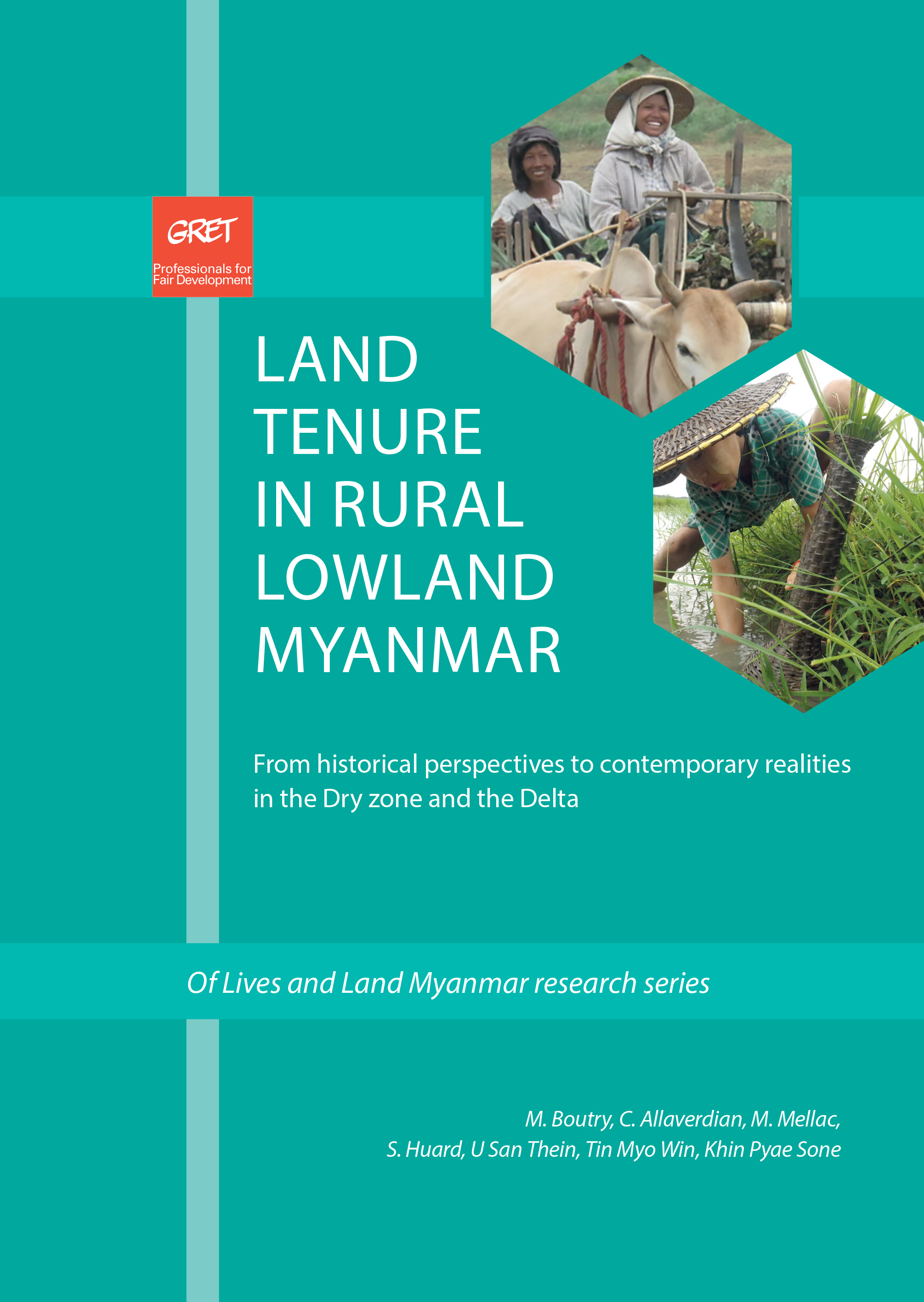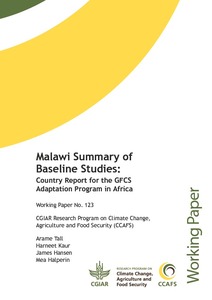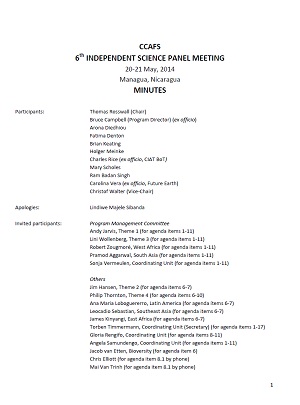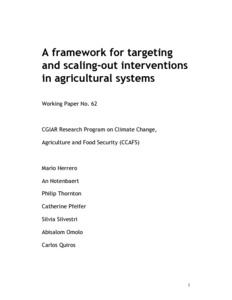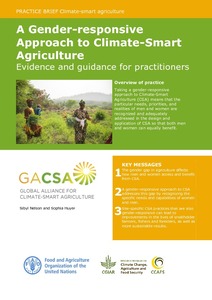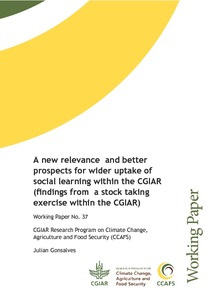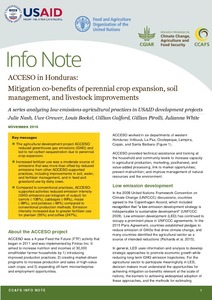Land tenure in rural lowland Myanmar
This study emerged out of an identified need to document social processes leading to land insecurity, and those leading to investment and sustainable use of lands by rural populations. Focusing on the Delta and Dry Zone, the main paddy producing regions of Myanmar, this analysis unravels the powers at play in shaping rural households’ relationship to land.

